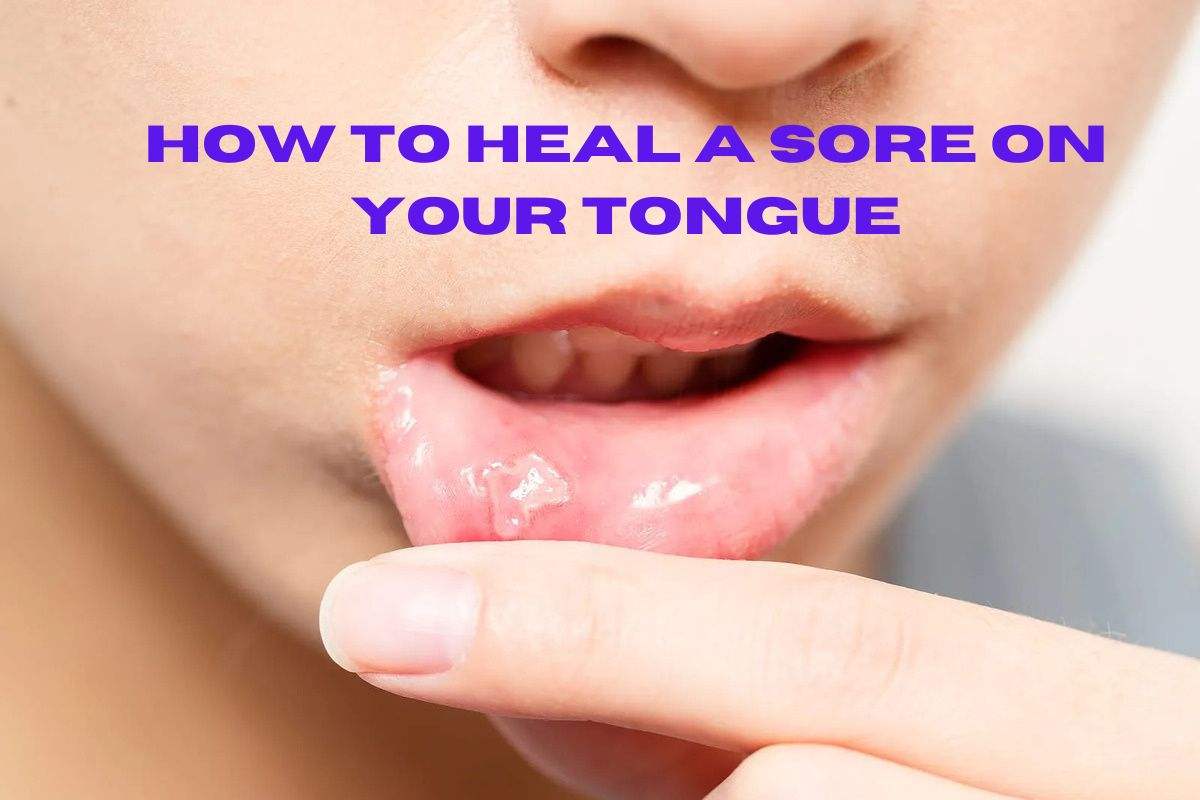The tongue is very sensitive to handle the pain. A portion of the tongue may feel uncomfortable due to canker sores, wounds, or infections.
A sore is any discomfort or pain in the entire or partial tongue. The nervous system responds to inflammation or tissue damage with a sense of despair. If your tongue is painful, you can experience a dull, stabbing, burning, or tingling feeling.
Mainly tongue is made up of muscles. Infection, inflammation, and other harmful processes of the tongue tissues can all cause a sore or painful tongue. We will discuss here how to heal a sore tongue.
The symptoms of a painful tongue may include discomfort, a burning sensation, or tongue stiffness. A sore tongue can have several causes, including biting or scorching, infections such as tongue thrush, mouth ulcers, and scorching mouth syndrome. It is also called glossodynia or burning tongue syndrome.
Sometimes a sore tongue has no identified cause. Depending on your symptoms and a potential medical diagnosis, there are various ways to soothe a sore tongue.
Many tongue issues are frequently not significant. However, there are situations when your symptoms could result from a severe illness that needs to be treated. Good oral hygiene can help you avoid numerous tongue issues. Some easy home treatments may help reduce your symptoms if you already have tongue issues.
We’ll talk about potential tongue issues in this piece. We’ll also examine the causes, diagnoses, and home remedies for these issues. Also, the ways how to heal a sore on your tongue.
Quick Access
Common causes of sore tongue
Sore on tongue treatment is very common. It can be challenging to ignore a sore tongue. Eating may annoy you, and you can become concerned about a severe problem. The good news is that most reasons for a sore tongue are not dangerous.
Here are some of the most typical causes and recommendations for when to see a doctor.
Trauma
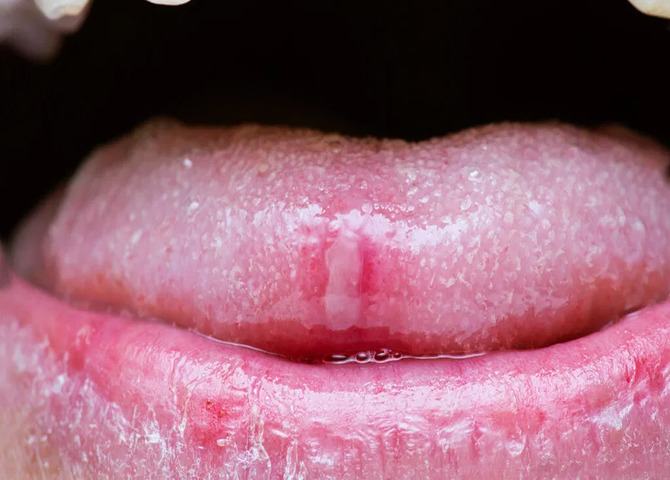
The agony of biting down firmly on your tongue can be excruciating. Your language may become blistered and burnt if you consume something scorching. Your tongue’s outer margins might hurt if you grind or clench your teeth.
Trauma-related pain doesn’t always go away right away, just like it doesn’t when you bang your arm or leg. Whatever the situation, if your tongue is hurt, it could feel painful and uncomfortable until it heals.
Glossitis in Moeller
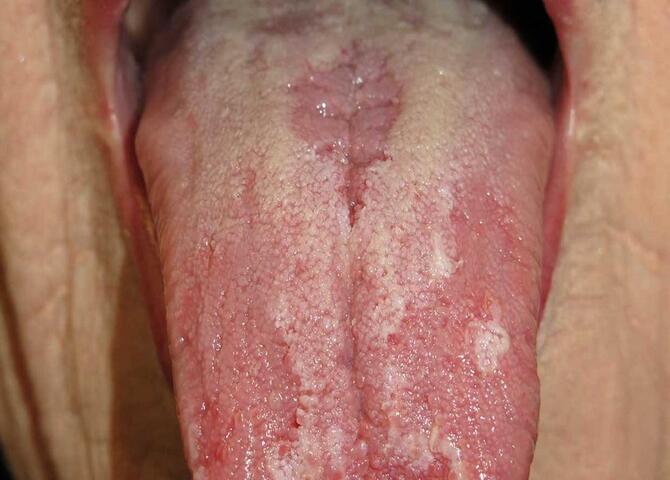
Atrophic glossitis and the terms “bald” and “smooth” tongue are other names for Moeller’s glossitis. An infection of the language is seen in this disorder. It may result in discomfort, irritability, or a burning feeling. Your taste buds may have atrophied, causing your tongue to appear smooth and even glossy. Usually, nutritional deficits such as vitamin B-12 deficiency, anemia, or even celiac disease are linked to this disorder.
Particular drugs
Do you take beta-blockers or non-steroidal anti-inflammatory medications like naproxen (Aleve)? According to specific research, these drugs may irritate your tongue by leading to ulcers. Mouthwashes may also irritate and hurt your language.
Inflammation
On your tongue, you can have what’s known as swollen papillae. Transient lingual papillitis or lie bumps are other names for these white or red lumps. This indicates enlarged taste buds, which can be uncomfortable. They typically go away on their own in a few days.
A kind of yeast infection called oral thrush can hurt the tongue. Your tongue may develop white, cottage cheese-like areas. Babies and elderly adults are more likely to contract this infection, especially if they wear dentures or have compromised immune systems.
Oral sores
Your tongue discomfort could be localized to one area. A round, oval, or canker sore may be visible if you open your lips to look. It might appear pale, but it can occasionally be red, yellow, or gray.
These spots may appear for a variety of reasons, including:
- Tongue-biting or causing other harm
- Swallowing a hard or pointy object
- Feeling pressure or worry
- Consuming specific foods
- Giving up smoking
- Going through hormonal changes
- A food allergy or sensitivity
That’s accurate, and some meals may irritate your tongue. You can suffer from oral allergy syndrome. The most common triggers for this pollen-food syndrome ailment are uncooked fruits, vegetables, and some tree nuts.
Smoking
Tongue soreness can result from smoking and even quitting. Additionally, smoking increases your chance of acquiring throat and mouth cancer.
Smoking can also lead to the following oral health issues:
- Blemished teeth
- Poor breath
- Tooth loss and decay
- Hairy tongue due to yeast and bacterial proliferation
- Brown gum-surface stains
- Thickened, white, or light palates or mouth roofs
According to a 2010 report Trusted Source from the US surgeon general for the Centers for Disease Control and Prevention, quitting smoking today can reduce your risk of acquiring mouth cancer by 50% within five years.
Anemia and vitamin deficiencies
If your body lacks iron, folate, or vitamin B-12, you may experience a smooth, painful tongue. Your tongue may also be a meaty red color if you don’t get enough vitamin B-12. Low zinc levels may cause a burning tongue.
The burning mouth condition
Do you experience burning agony more often? The interior of your cheeks, gums, lips, or palate may also share this sensation if you have burning mouth or tongue syndrome. You could even feel scalded on your tongue after consuming incredibly spicy dishes. The emotion may come on suddenly or gradually.
Common symptoms of sore tongue
The tongue is a muscle-based organ that extends back into the pharynx and rests against the floor of the mouth. It stretches beyond what is visible inside the mouth and is joined to the jaw, the hyoid bone in the neck, and the skull.
Humans and many other animals utilize the tongue as an organ to aid in chewing and swallowing food. Your ability to talk also depends on how your language moves concerning your palate and teeth.
A moist mucosa makes up the tongue’s outer layer. The microscopic papillae that give the language its rough texture are located in the top portion of the tongue. Taste buds that allow you to taste food are located in these papillae.
There are three different types of taste buds on the human tongue, with between 2,000 and 8,000. Cells in these taste buds are activated when a flavor is detected. Taste buds are shaped differently and situated on various tongue parts depending on their function. A sore tongue can happen because of many reasons. Some symptoms appear immediately, while some may take time. You can take the idea if you are also suffering from sore tongue from the following symptoms:
- A change in your capacity to taste sour, salty, bitter, or sweet flavors or a partial or whole loss of taste
- Difficulty moving your tongue; swelling in your tongue
- A shift in your tongue’s natural hue or spots of white, brilliant pink, black, or brown pigment
- Tongue soreness that is present throughout or simply in select areas.
- A change in tongue size, such as swelling
- Tongue movement challenges
- A scorching feeling may be felt throughout the tongue or in select areas.
- A hairy or furry tongue appearance
Don’t worry all the causes can be diagnosed with the remedies. We will discuss how to heal a sore on the tongue.
Remedies to treat sore tongue
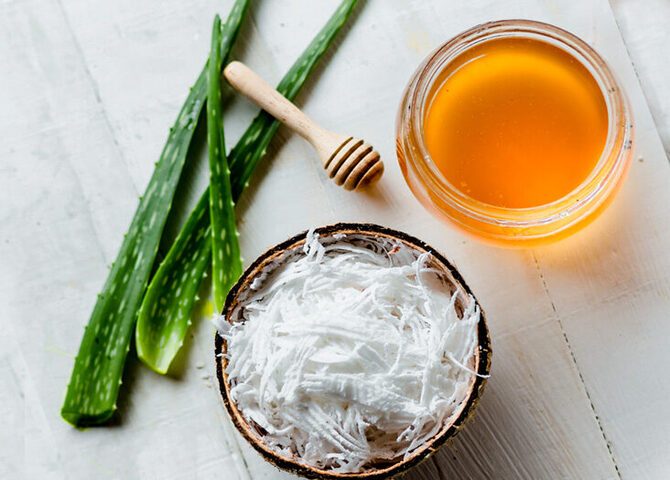
Most tongue soreness reasons, such as canker sores, enlarged taste buds, and mouth traumas, are treatable at home with remedies for the sore tongue. As part of a medical treatment plan, home remedies can help you relieve a sore tongue brought on by more serious medical illnesses like burning mouth syndrome or oral thrush. Let’s see how to heal a sore on tongue.
Dental hygiene
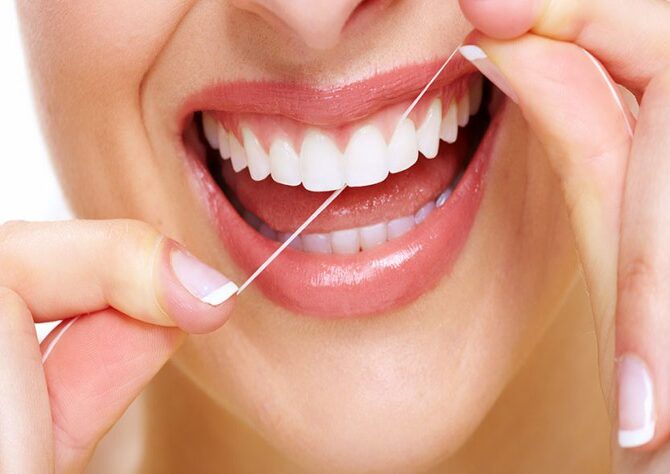
You may get rid of a sore tongue and avoid infection by using a soft toothbrush, floss, and mouthwash to clean your teeth. Additionally, you might discover that toothpaste devoid of sodium lauryl sulfate eases soreness.
Aloe vera
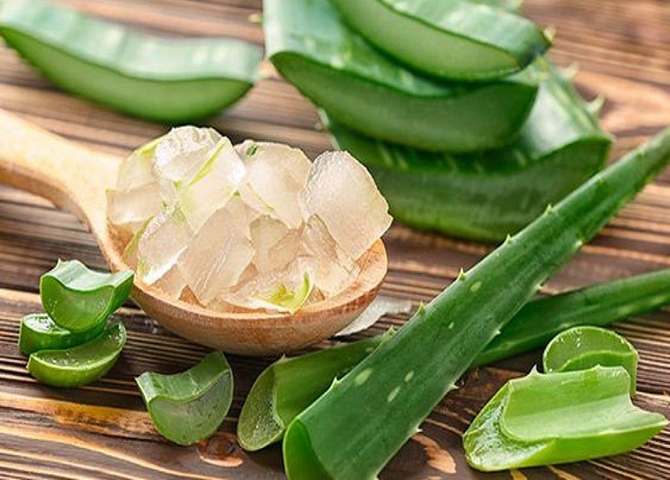
Aloe Trusted Source is renowned for its capacity to soothe the skin. The tongue is also affected by this. Aloe juice can be used to rinse your mouth out many times each day.
Soda

Try rinsing your mouth with hot water and bicarbonate of soda (1 teaspoon per 1/2 cup of water) to relieve discomfort and swelling. Additionally, you can apply baking soda and water paste to the hurting area.
Magnesium milk
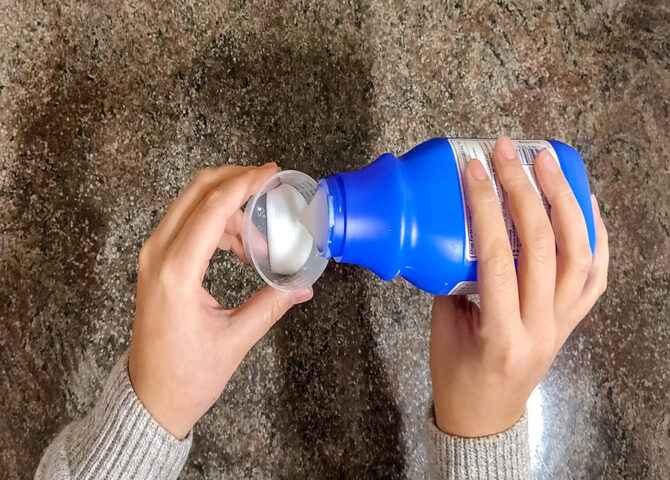
An acid neutralizer, milk of magnesia, can be used sparingly to soothe a sore tongue and speed up healing.
Hydroxyl radicals
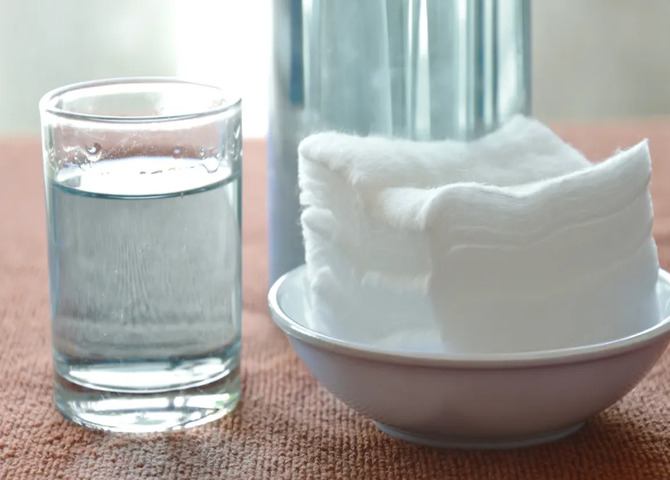
Hydrogen peroxide can cure an infection or sore in your mouth since it is an antiseptic. Use water to 3% hydrogen peroxide to dilute it (equal parts peroxide to water).
Utilize a cotton swab to dab the afflicted region. After a little interval, swish some warm water in your mouth.
Salted water
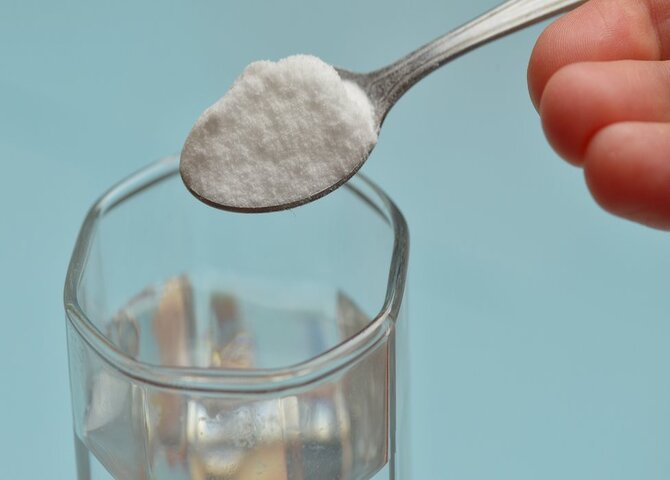
Another technique to lessen discomfort, inflammation, and infection is to gargle with salt water. Warm water with a teaspoon of salt should be gargled before being spit out.
Honey
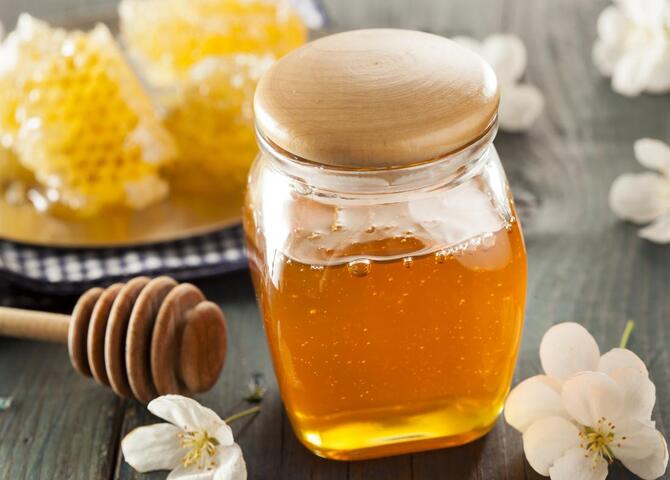
Natural antibacterial honey has been proven to be successful in treating a variety of wounds. You can sip warm honey tea or apply a small amount of love straight to the hurting area many times daily.
Cocoa butter
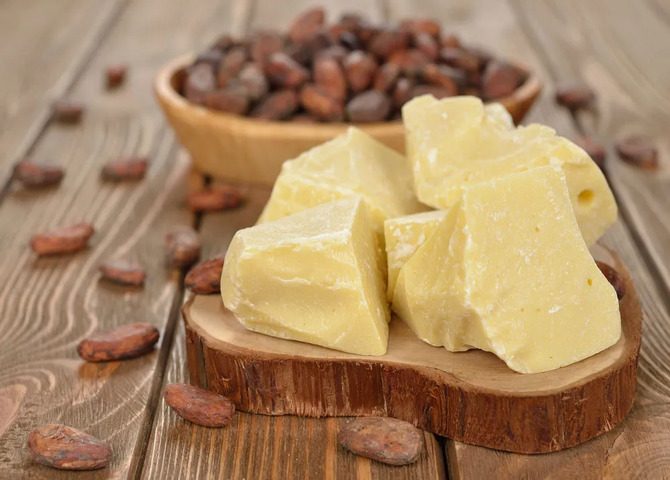
Since coconut oil has antifungal, antibacterial, and antiviral qualities, it might help treat a painful tongue. Using a cotton ball and the oil, apply it directly to the hurting spot and gently rub it in. Alternatively, you might gargle with it and spit it out. This is oil-pulling.
Chamomile

It’s thought that chamomile has anti-inflammatory qualities. But the available scientific evidence is scant. When the tea has cooled, rinse your mouth with a full cup of chamomile tea, or place a wet tea bag directly on the sore area to try this treatment.
Antacids
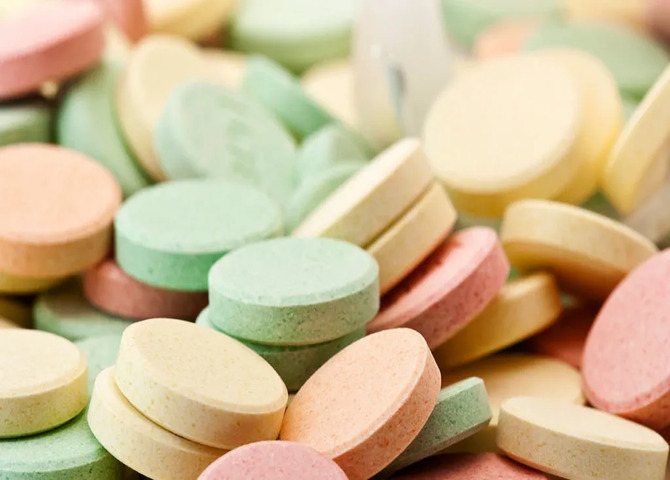
Antacids are used to balance stomach acid and may provide relief for a sore or burning tongue, mainly if acid reflux is the cause.
Cold water, ice, and ice popsicle

Ice has numbing properties; thus, sucking on an ice cube, an ice pop, or drinking ice-cold water might help soothe some tongue aches, particularly soreness brought on by a dry mouth or a burning mouth. Cold water is a very beneficial remedy for a sore tongue.
OTC remedies
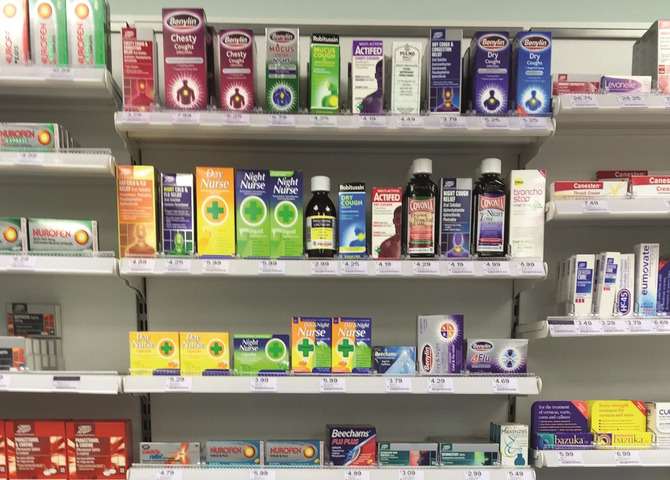
You can also purchase over-the-counter topical medications from your neighborhood pharmacy to coat the tongue and shield it from further irritation.
Examples comprise:
- Benzocaine (Orabase, Zilactin-B) (Orabase, Zilactin-B)
- Purchasable hydrogen peroxide rinses (Peroxyl, Orajel)
- Vitamins are added.
Start taking a multivitamin or vitamin B complex tablets if a vitamin deficit is the root cause of your tongue irritation. Before using any supplements, speak with your doctor.
Avoiding foods that are hot and uncomfortable

Very spicy as well as acidic foods (such as pineapple, lemon, and tomato) can worsen tongue discomfort. Avoid these meals until the pain subsides. Eat soft, bland foods instead, such as oatmeal and mashed potatoes.
Almonds

Magnesium, B vitamins, and vitamin E are all abundant in almonds and can all be used to treat tongue ulcers. Almonds must spend the night in water. Add honey after grinding to get a fine paste. Consume this paste each morning to get the benefits.
Dates

Dates are an excellent source of iron and antioxidants, which can help the body get rid of free radicals and fast heal a painful tongue. A glass of milk should contain four dates. Boil the milk for two minutes. Drink it twice daily after allowing it to cool.
Turmeric
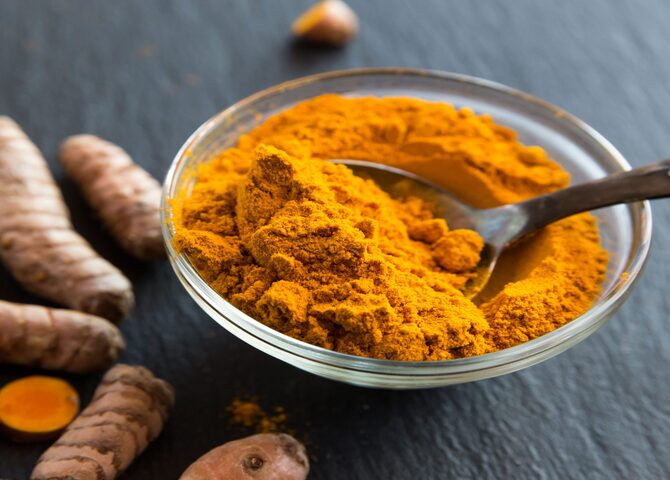
The antibacterial, antifungal, and anti-inflammatory qualities of this herbal remedy. It can heal bacterial and fungal infections that result in a sore tongue. Every night, drink a cup of hot milk with a teaspoon of honey, and a pinch of turmeric powder added.
These all are the remedies of how to heal a sore on tongue. We hope these are beneficial for you in all aspects.
Frequently asked questions
1. How long does the tongue take to heal?
Tongue soreness doesn’t last for very long because our saliva has some antibiotic components. But it can be worse if you ignore it.
2. What is the fastest way to heal your tongue?
The fastest way to heal the tongue is to use remedies. Avoid taking solid medications until it becomes severe, and maintain excellent oral hygiene.
Conclusion
This concerns how to heal a sore on the tongue, its causes, symptoms, and remedies. Tongue soreness is widespread but how you take care of it is very important. Please don’t ignore it; otherwise, it may turn into some severe disease. Also, maintain proper oral hygiene to avoid all the problems. Hope that you will get rid of the sore on your tongue with these remedies.

